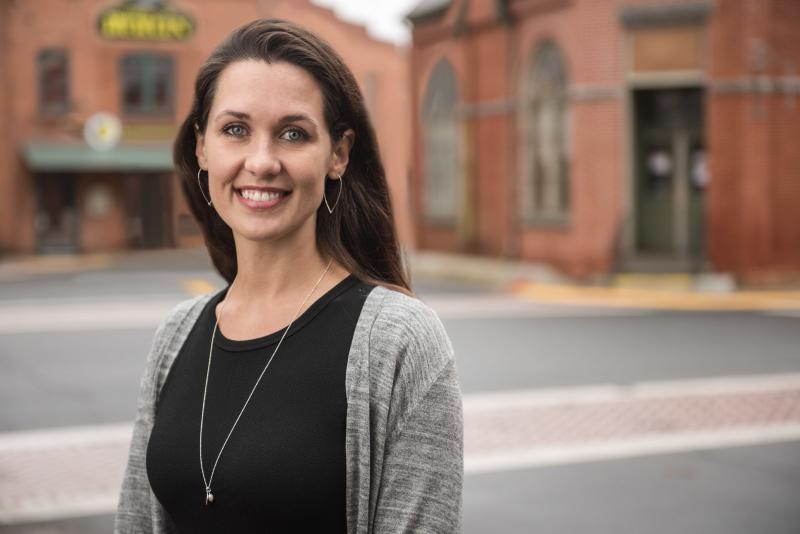Most people prefer to age in their own homes, but predictably, the majority of seniors will need help to make that a reality. When the natural aging process limits abilities or when there is a healthcare crisis, family members, and specifically adult children, are often the first people called upon.
For many adults, the role of being a caregiver to aging parents comes as a surprise. No matter how slowly or quickly a senior develops a need for help, adult children and family caregivers rarely anticipate their roles accurately. Without experience, how could anyone imagine what it would truly require to be the sole medical appointment scheduler; the primary provider of food, shelter and transportation; and just as important, the source of socialization and entertainment.
Imagine an adult child asking these very important questions when faced with the critical decision to become a caregiver: Does my work schedule allow me to be there for Dad as much as he needs me? Am I financially prepared for the extra costs of caregiving? Will I be able to make time for myself and my family? How will caregiving affect my physical and mental health? Will I grieve the loss of my role of simply being my father’s daughter?
The enormous job of caring for a loved one full time can impact a family’s dynamics. The same dynamics that filled Friday nights with rounds of Chinese checkers or telling old stories are now replaced with silence from exhaustion. Sundays used to be easy and happy as the family attended church together, but now there is anxiety about leaving the home, and it results in stress and impatience. Instead of a daughter being able to laugh with her dad as he peels an apple in one spiraling slice, she is too busy reacting to the chime of his washing machine.
Caregivers fill the giant shoes of advocating for their loved ones. And they are not alone. The National Alliance for Caregiving explains that over 65.7 million Americans currently provide care for a family member or loved one, and 36 percent of those are caring for an elderly parent. Not only is time spent dressing, bathing, feeding, and cleaning, but caregivers are also navigating medical diagnoses and required treatment, transportation, and the maintenance of their loved one’s home. Meanwhile, more than 73 percent of caregivers are employed at some time when they are caregiving, adding the stress of reporting to work late, leaving work early or taking unexpected time off to respond as a family caregiver.
Every family evaluates its circumstances differently, but often the decision to be a sole caregiver for a loved one is related to financial concerns. What if my dad can’t afford care in his home? What if Dad can afford care now, we’re not sure how long his will savings last? The 2017 Genworth Cost of Care study reports that on average in Delaware, a client could invest about $4,200 per month based on 44 hours of professional in-home companion care each week. That’s typically a challenging expense to fit into the budget.
Enter elder law. A specialized and experienced elder law attorney anticipates the possibility of long-term care for each client, and suggests and implements legal tools that help clients when there is a need for care. Generally, the outcome of the case work includes clients’ assets being sheltered from the costs of long-term care; clients receiving the care they need at home or in a facility; and caregivers being paid by other benefit programs for the important services they provide. Just as importantly, families can expect the outcome of spending more time as family and less time as caregivers.
He needs me, and I have every intention of helping. But I still need some time to just be his daughter.






















































